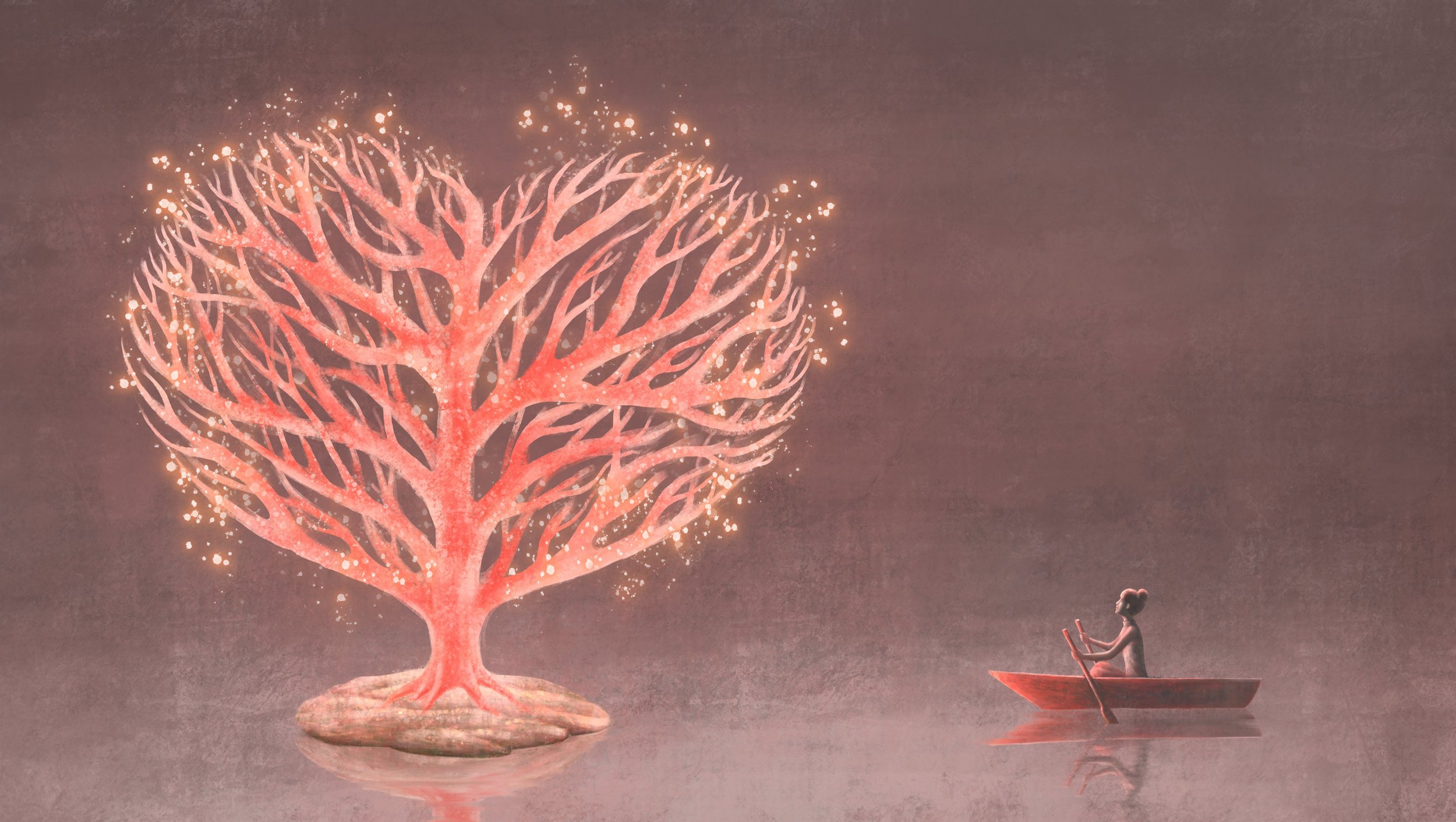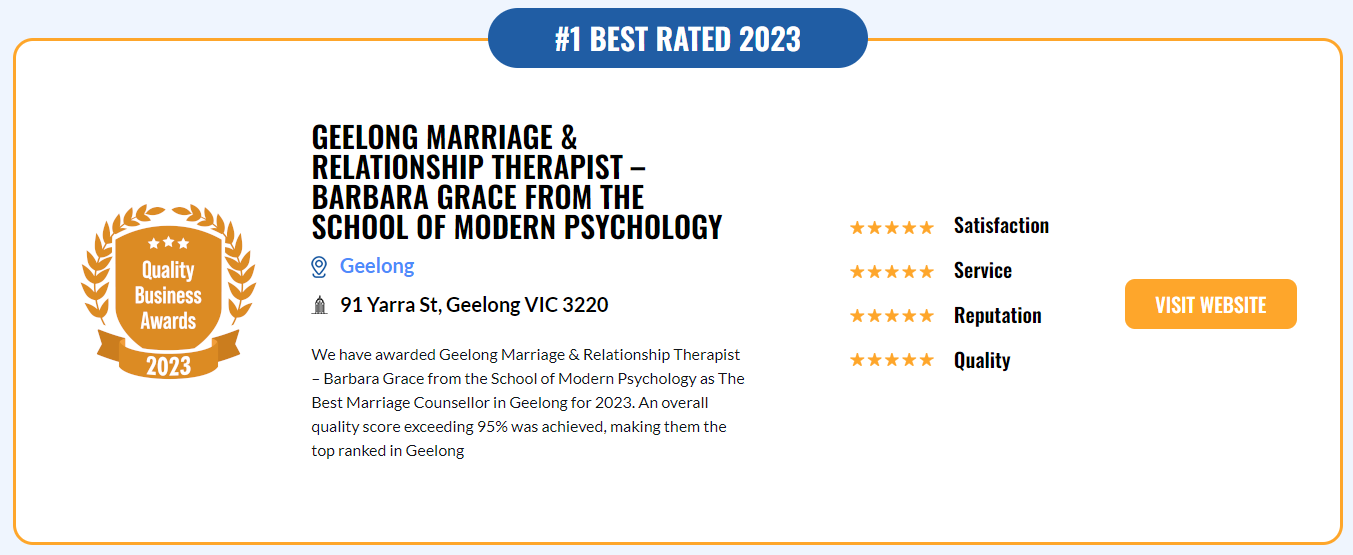Self-justification Is A Costly Mistake In Relationships
/Adobe Stock Image by Jorm S
We tend to judge others by their behavior and ourselves by our intentions. Albert F. Schlieder
Matt* walked into my therapy office looking confused. Possibly unsure what he really wanted out of the session.
Between his story of betrayal and deceit lay the age-old antidote of justification bolstered by outsiders’ opinions.
Justification of himself. Justification for his partner. Justification whether to stay. Justification whether to leave.
All this justification did was entrench Matt’s feelings of loss and confusion. And when feeling lost, any direction seems better than standing at a 5-way intersection with the words MAKE A CHOICE glaring at you in neon.
Justification is excuse making. It’s semi-apologies followed by ‘but’. It’s grandstanding based on blinkered views.
Justification is a trap.
French movies play with ‘justification’ nicely. The one I saw last weekend (Les Apparances — The Appearances) ended with the husband (a successful French conductor living in Vienna) justifying his philandering by accusing his wife of holding onto a relationship he’d buried long ago.
As he said towards the end of the movie:
You bore me. Any other woman would have divorced me. You want to live your perfect life. And I was another cog in it. It’s over.
That’s my summary of what he more eloquently said in French — via the subtitles.
The dictionary describes justification as: “the action of showing something to be right or reasonable”.
As a successful French conductor, he saw his right to meet his sexual needs as reasonable because his perfectionist wife bored him. The not so subtle sub-plot was her choosing a life filled with all the bling of a shallow showy existence based on gossip, surface-level relationships and grandstanding.
She had her trophy husband. He had his mistresses.
At the end of the movie, when justification is seen for what it is: an immature excuse to be self-centered (often under the illusion of self-righteousness) — we (the audience) were led to believe the wife had finally woken up to the triviality of her existence.
The closing scene shows her taking a fairy tale ride through Vienna in a horse-drawn carriage — reminiscent of childhood memories.
The metaphors of privilege and pretense live on.
French movies have a way of dissecting everyday concepts, like justification, and wrapping them in a moral lesson around indulgence, perfectionism and ultimately denial.
We, the audience, were free to choose our own ending (much like we do in life):
Was the protagonist finally awake to her shallowness?
Or was the betrayed woman continuing her self-absorbed life through her own justification of grandiosity?
And so back to Matt.
What I’m noticing more in my office, as I work with couples, are women who are done with justifying a relationship that’s resembling a discarded skin — like that of a lizard or snake — one whose inhabitants have long since grown out of it.
If I had to describe one thing that’s led to this change, it’s podcasts.
Women are filling the spaces in their life with self-knowledge and awareness garnered through podcasts ranging from polyamory to gaslighting. It’s as if they’re seeing their lives through a new lens — and once they’ve seen it, they can’t not.
Unfortunately many couples miss the point that the container in which their relationship originally formed must grow — along with the inhabitants. To not see the need for personal and relational growth often leads one or both partners to look elsewhere for stimulation. Anything that numbs the repetition of a daily to-do.
That stimulation may not be in the form of another person. It may be through work, sport or friends — any area offering reward for investing time with the new and the novel.
A time comes when justification simply doesn’t cut it.
For some, justification will be replaced by overwhelm in trying to work out what’s happened to their once cosy life.
Overwhelm usually comes with emotional spillage. It can feel like you’re watching a boiling stew on the stove spatter any possibility of rich gravy, leaving instead toughened meat so lacking in tenderness it’s unpalatable.
Couples caught in this dilemma have much soul searching to do. And that only happens after bruised egos stop being judgmental and brimming with justification.
Personal growth asks much from each of us.
And just like some animals — shedding an exterior layer means growth can happen. In relationships — I like to think of that layer as our ego — the one whose perspective needs shifting.
Like humble water fleas, Amazon milk frogs and tree lizards — the lesson is clear: GROW, or remain stunted with justification used as a position of privilege.
We tend to judge others by their behavior and ourselves by our intentions. Albert F. Schlieder
Matt* walked into my therapy office looking confused. Possibly unsure why he was here or what he wanted out of the session.
Between his story of betrayal and deceit lay the age-old antidote of justification bolstered by outsiders’ opinions.
Justification of himself. Justification for his partner. Justification whether to stay. Justification whether to leave.
All this justification did was entrench Matt’s feelings of loss and confusion. And when feeling lost, any direction seems better than standing at a 5-way intersection with the words MAKE A CHOICE glaring at you in neon.
Justification is excuse making. It’s semi-apologies followed by ‘but’. It’s grandstanding based on blinkered views.
Justification is a trap.
French movies play with ‘justification’ nicely. The one I saw last weekend (Les Apparances — The Appearances) ended with the husband (a successful French conductor living in Vienna) justifying his philandering by accusing his wife of holding onto a relationship he’d buried long ago.
As he said towards the end of the movie:
You bore me. Any other woman would have divorced me. You want to live your perfect life. And I was another cog in it. It’s over.
That’s my summary of what he more eloquently said in French — via the subtitles.
The dictionary describes justification as: “the action of showing something to be right or reasonable”.
As a successful French conductor, he felt justified in meeting his needs because his perfectionist wife bored him. The not so subtle sub-plot was her choosing a life filled with all the bling of a shallow showy existence based on gossip, surface-level relationships and grandstanding.
She had her trophy husband. He had his mistresses.
In the end, when justification is seen for what it is: an immature excuse to be self-centered (often under the illusion of self-righteousness) — we (the audience) were led to believe the wife had finally woken up to the triviality of her existence.
The closing scene shows her taking a fairy tale ride through Vienna in a horse-drawn carriage — reminiscent of childhood memories.
The metaphors of privilege and pretense live on.
French movies have a way of dissecting everyday concepts, like justification, and wrapping them in a moral lesson around indulgence, perfectionism and ultimately denial.
We, the audience, were free to choose our own ending (much like we do in life):
Was the protagonist finally awake to her shallowness?
Or was the betrayed woman continuing her self-absorbed view of life her way?
And so back to Matt.
What I’m noticing more in my office, as I work with couples, are women who are done with justifying a relationship that’s resembling a discarded skin — like that of a lizard or snake — one whose inhabitants have long since grown out of it.
If I had to describe one thing that’s led to this change, it’s podcasts.
Women are filling the spaces in their life with self-knowledge and awareness garnered through podcasts ranging from polyamory to gaslighting. It’s as if they’re seeing their lives through a new lens — and once they’ve seen it, they can’t not.
Unfortunately many couples miss the point that the container in which their relationship originally formed must grow — along with the inhabitants. To not see the need for personal and relational growth often leads one or both partners to look elsewhere for stimulation. Anything that numbs the repetition of a daily to-do.
That stimulation may not be in the form of another person. It can be through work, sport or friends — any area offering reward for investing time with the new and the novel.
A time comes when justification simply doesn’t cut it.
For some, justification will be replaced by overwhelm in trying to work out what’s happened to their once cosy life.
Overwhelm usually comes with emotional spillage. It can feel like you’re watching a boiling stew on the stove spatter any possibility of rich gravy, leaving instead toughened and burnt meat so lacking in tenderness it’s unpalatable.
Couples caught in this dilemma have much soul searching to do. And that only happens after bruised egos stop being judgmental and brimming with justification.
Personal growth asks much from each of us.
And just like some animals — shedding an exterior layer means growth can happen. In relationships — I like to think of that layer as our ego — the one whose perspective needs shifting.
Like humble water fleas, Amazon milk frogs and tree lizards — the lesson is clear: GROW, or remain stunted with justification used as a position of privilege.
Matt is not his real name — yet he is representative of many men and women struggling to make sense of ‘shifts’ in their relationship.
Thankfully Matt left my office with more clarity — of himself and for his relationship.
His work is just beginning.
If you know someone who could benefit from reading this article, please send them a link.
Looking for more? Download free relationship tools.










